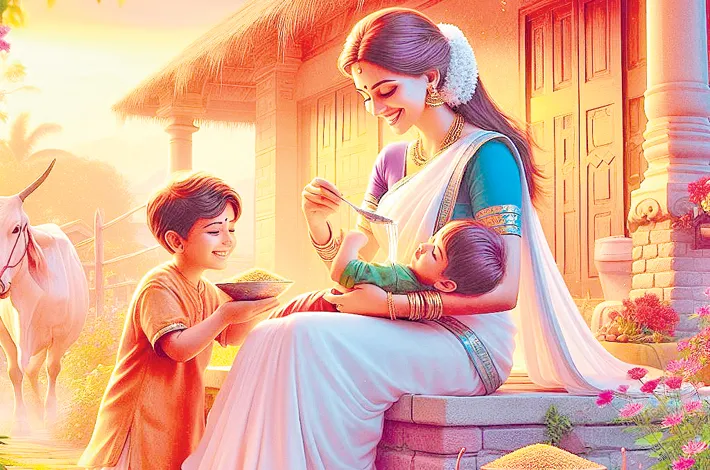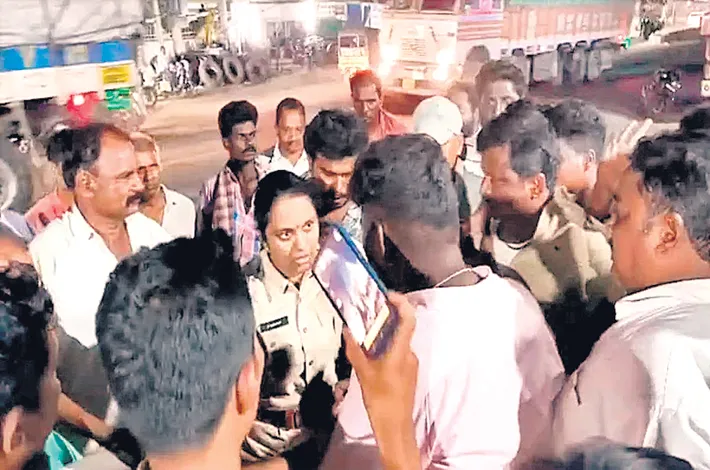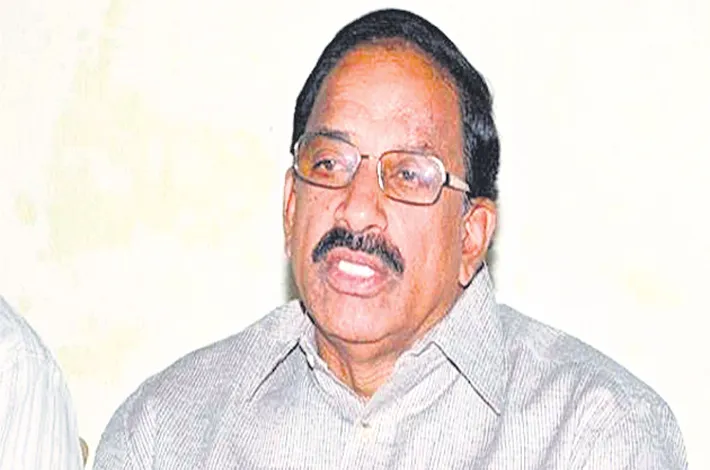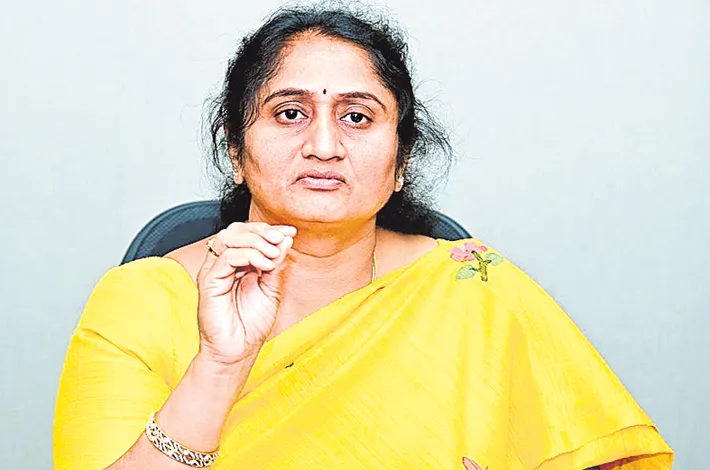The Beauty of Motherhood in the Indian Context
05-06-2025 12:00:00 AM

Motherhood in India is a tapestry woven with threads of tradition, sacrifice, resilience, and boundless love. It is a role revered across cultures, religions, and regions in the country, embodying a unique blend of emotional depth, societal responsibility, and spiritual significance. In the Indian context, motherhood transcends biology—it is a sacred institution, a cultural cornerstone, and a lifelong commitment that shapes families, communities, and the nation at large. The beauty of Indian motherhood lies in its multifaceted nature, balancing ancient values with modern challenges, all while nurturing the heart of society.
A Sacred Bond Rooted in Tradition
In India, motherhood is often seen as a divine calling. Ancient texts like the Vedas and epics such as the Mahabharata and Ramayana elevate the mother to a near-mythical status. The concept of Matru Devo Bhava—the mother as a divine entity—underscores the reverence for mothers in Indian culture. This spiritual dimension is reflected in rituals and festivals like Matrutva Diwas or the celebration of goddess figures like Durga, who embodies maternal strength and protection. Indian mothers are seen as the first gurus, imparting values, ethics, and cultural wisdom to their children.
This reverence is not merely symbolic. It manifests in everyday life through practices like aarti or tilak ceremonies, where mothers pray for their children’s well-being, or in the preparation of traditional meals that carry the warmth of home. The act of cooking, for instance, is a profound expression of love in Indian households. A mother’s dal or roti is not just food; it is a labor of love, infused with care and intention, often tailored to the preferences of each family member.
The Emotional Core of Indian Families
At the heart of Indian motherhood is an unparalleled emotional depth. Indian mothers are the emotional anchors of their families, navigating the complexities of joint family systems, societal expectations, and personal aspirations. They are storytellers, confidantes, and disciplinarians, seamlessly shifting roles to meet the needs of their children. The beauty of this role lies in its adaptability—whether in rural villages or urban metros, mothers remain the glue that holds families together.
In rural India, mothers often juggle agricultural work, household chores, and childcare with remarkable resilience. They walk miles to fetch water, tend to crops, and still find time to teach their children the value of hard work and humility. In urban settings, modern Indian mothers balance careers with parenting, embracing new-age challenges like digital distractions while instilling traditional values. This duality—embracing progress while rooted in heritage—makes Indian motherhood uniquely beautiful.
Sacrifice and Strength
The narrative of sacrifice is central to the Indian mother’s identity. From forgoing personal ambitions to prioritizing their children’s education, health, and happiness, Indian mothers epitomize selflessness. This sacrifice is not seen as a burden but as a source of pride and fulfillment. Stories of mothers saving every penny for their child’s education or waking up at dawn to prepare for the day’s responsibilities are common across India. This quiet strength is celebrated in popular culture, from Bollywood films like Mother India to regional literature that glorifies maternal devotion.
Yet, this sacrifice is not without its challenges. Indian mothers often face societal pressures to conform to idealized notions of motherhood, which can sometimes overshadow their individuality. The expectation to be the perfect caregiver, homemaker, and moral guide can be overwhelming. However, the modern Indian mother is redefining these roles, advocating for her own dreams while nurturing her family. This evolution adds another layer of beauty to motherhood—a resilience that embraces change while staying true to its core.
The Cultural Mosaic of Motherhood
India’s diversity enriches the experience of motherhood. In Tamil Nadu, mothers celebrate Pongal by cooking sweet rice as an offering to the gods, teaching their children gratitude. In Bengal, mothers invoke Goddess Durga during Durga Puja, symbolizing the fierce protective love they embody. In Punjab, the warmth of a mother’s paratha and lullabies in Punjabi resonate with cultural pride. Each region adds its own colors to the canvas of motherhood, creating a vibrant mosaic of traditions, languages, and Babel.








